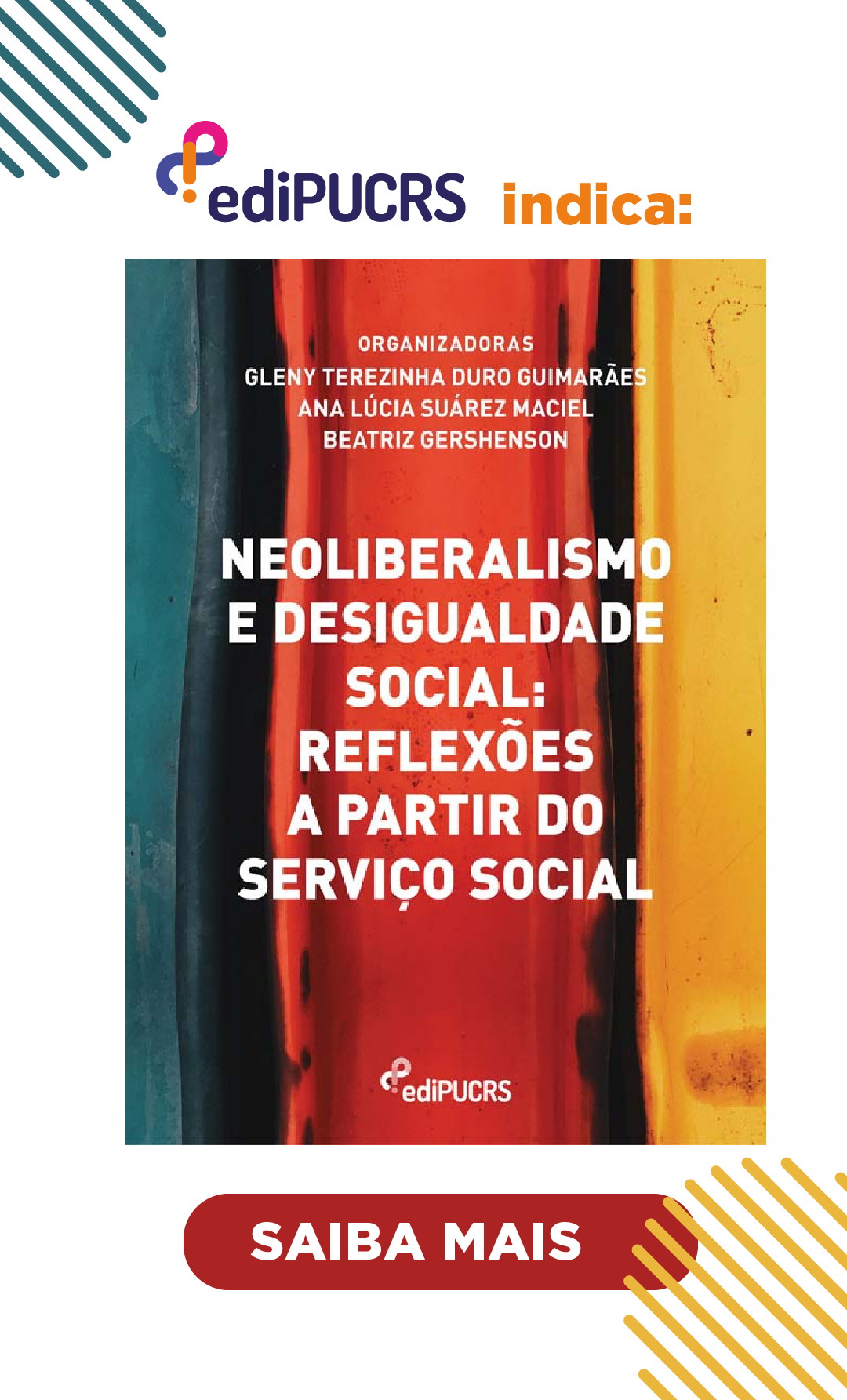Public Policies, Poverty and Unequality in Brazil: appointments from an analytical approach of Amartya Sen
Abstract
This article addresses the relation between public policies, poverty and inequality in contemporary Brazil, identifying the elements that, historically, have had a negative impact on national development. Utilizing the data elaborated by the IBGE, in the 2000 Statistical Census and in the Instituto Brasileiro 2005 Synthesis of Social Indicators, it seeks to demonstrate that inequality, and not necessarily poverty, is the distinctive aspect in Brazilian society and that the Amartya Sen (Development as freedom) proposed analytical focus is a suitable and efficacious tool for the promotion and evaluation of public policies aimed at combating poverty and inequality observed in the national reality. As such, the introduction and the first part of this text contemplate the general panorama of poverty in Brazil. This is followed by an evaluation of the Amartya Sen work, highlighting the principal hypotheses and variables employed by the author and their pertinence to Brazilian reality. The conclusion considers the entirety of the presented information, affirming the proposed line of interpretation.Key words – Poverty. Inequality. Development. Public policies.
Downloads
Downloads
Published
How to Cite
Issue
Section
License
Copyright
The submission of originals to Textos & Contextos (Porto Alegre) implies the transfer by the authors of the right for publication. Authors retain copyright and grant the journal right of first publication. If the authors wish to include the same data into another publication, they must cite Textos & Contextos (Porto Alegre) as the site of original publication.
Creative Commons License
Except where otherwise specified, material published in this journal is licensed under a Creative Commons Attribution 4.0 International license, which allows unrestricted use, distribution and reproduction in any medium, provided the original publication is correctly cited.





